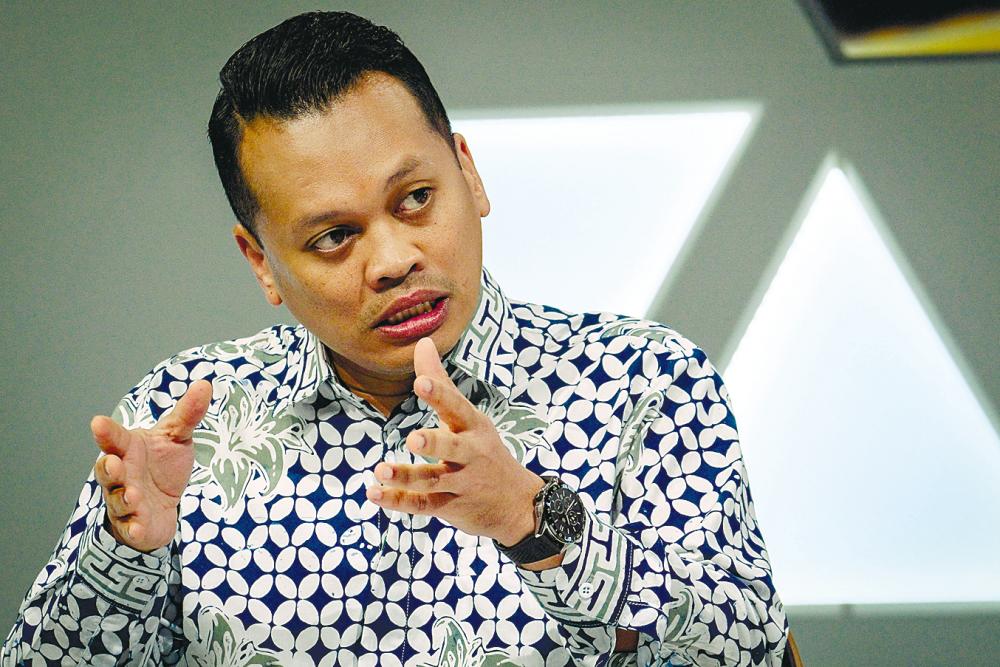PETALING JAYA: The government will need to align Malaysia’s National Adaptation Plan (MNAP) to the Emirates Framework for Global Resilience which was agreed at the recent United Nations Climate Change Conference (UNFCCC), COP28.
The plan was announced at the 12th Malaysia Plan Mid-Term Review last year, which will concentrate on measures in five priority areas, namely public health; agriculture and food security; forestry and biodiversity; water resources and security; as well as infrastructure and cities.
Natural Resources, Environment and Climate Change Minister Nik Nazmi Nik Ahmad said there is a call for balanced focus on climate change adaptation alongside mitigation efforts.
“Observations from COP28 underscore the importance of nations to enhance their climate change commitments, and we can only do so with additional support from developed countries. Our efforts will be guided by the (long-term low emissions development strategies) LT-LEDS scheduled to be completed this year.
“Additionally, considerations for future negotiations include addressing the operation of carbon market mechanisms and ensuring its alignment with international processes. For this, we will perform more consultations to ensure the operationalisation of the international carbon market suits our national arrangements,” he told SunBiz.
Concurrently, he said, Malaysia needs to develop a position on issues such as the loss and damage fund and the global call to cease fossil fuel production which was discussed, noting that the oil and gas industry is a significant economic contributor to the country.
“Thus going forward, we will be analysing the UNFCCC-COP28 outcomes, informing stakeholders which we expect to do in February, organise discussions with ministries and states, evaluate our policy for improvements, and explore opportunities to seek support from developed countries for our climate change actions,” said Nik Nazmi.
Meanwhile, Nik Nazmi shared that most of the assistance received from developed countries was mainly from multilateral funds such as the Global Environment Facility, the Green Climate Fund and the Adaptation Fund.
“The support received has been primarily used to develop the country’s institutional and technical capacity on reporting obligations to the UNFCCC as well as the implementation of mitigation actions. Sectors that have also received financial support for mitigation projects were transport, energy, forestry including peat land, low-carbon cities and community empowerment projects,” he said.
Based on the latest Organisation for Economic Cooperation and Development report, he noted that developed countries only managed to mobilise US$89.6 billion (RM423.58 billion) in 2021 against the target of US$100 billion for the same year. He pointed out that the delivery of the targeted funds was vital to assist developing countries in meeting their climate targets.
As announced previously, Malaysia aims for a 45% reduction in carbon intensity to gross domestic product in 2030 compared with 2005 levels. Nik Nazmi said that the performance of the Nationally Determined Contributions (NDC) achievement will be updated in Malaysia's First Biennial Transparency Report that will be submitted to UNFCCC in December 2024 though the information provided will only be until 2021, given the required and incurred processes to obtain related information from the stakeholders.
“Overall, the on-going NDC LT-LEDS study will provide insights on the nation’s performance to achieve the NDC target ,” said Nik Nazmi.
UNFCCC-COP29 is scheduled to be held in Baku, Azerbaijan, from Nov 11 to 24, 2024, followed by COP30 in Belém of Pará, Brazil, from Nov 10 to 21, 2025.









